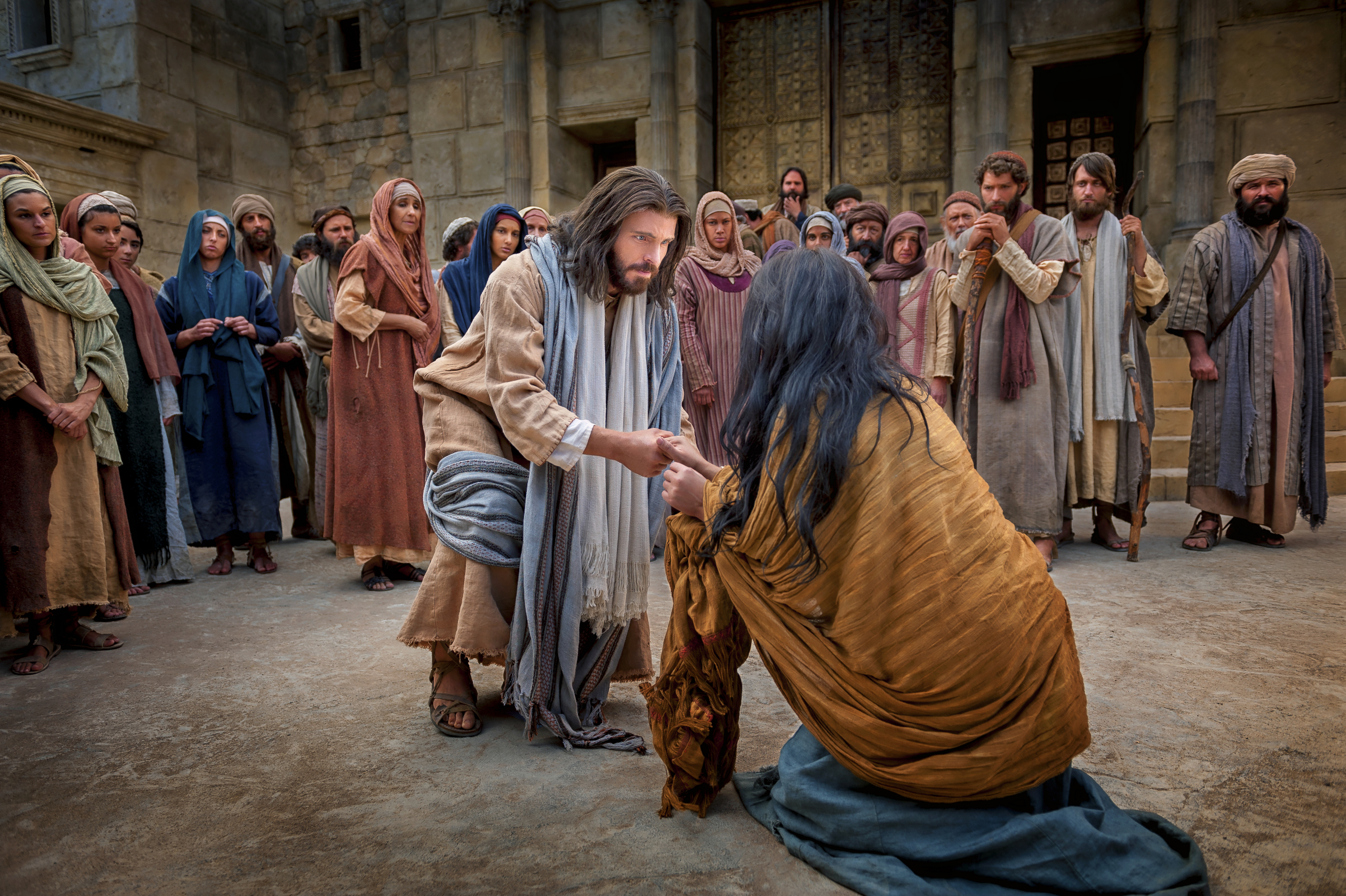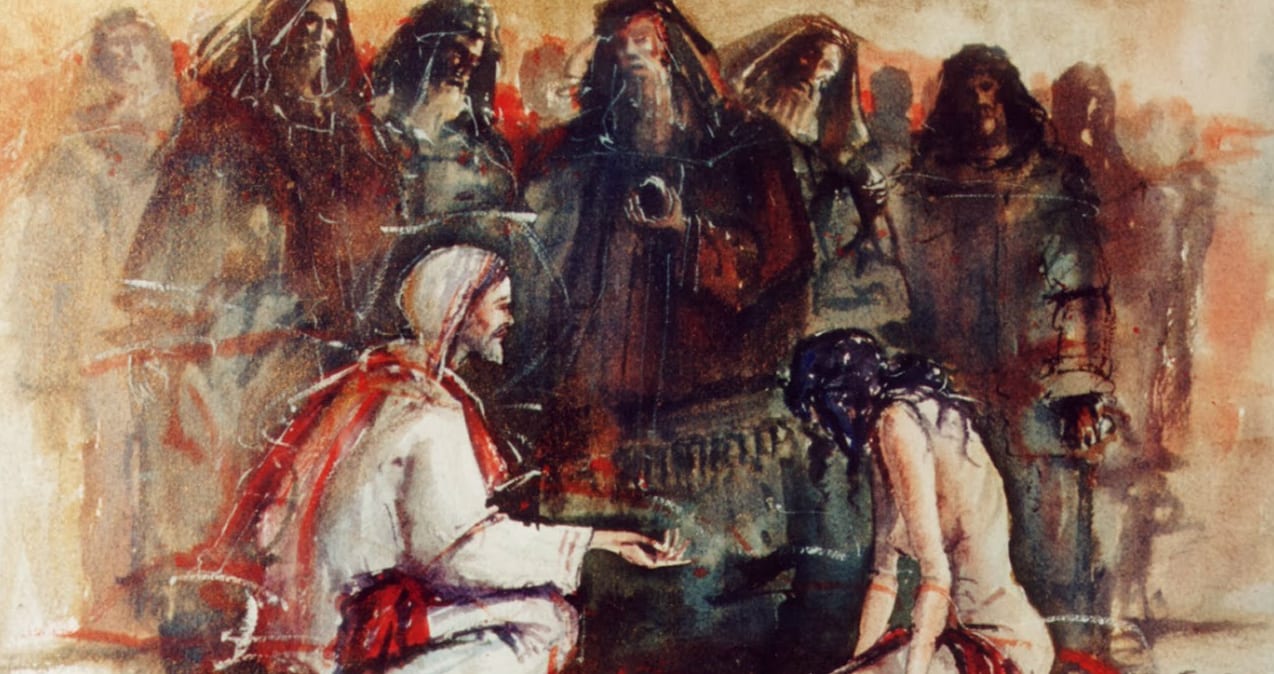April, 2019
My dear graduates of Chaminade, Kellenberg Memorial, and St. Martin de Porres Marianist School,
Since about the fifth grade, weight has been a constant impediment for me. Prior to that time, I was actually rather thin, and a decidedly picky eater. Family parties inevitably meant fights with my Grandpa Sottosanti as he would try to force me to eat fried zucchini flowers, eggplant parmigiana, and spaghetti with clam sauce. I wanted no part of these or most other foods. When my parents and I would shop for my school uniform or for an Easter suit, I remember my dad boasting, in a voice that could be heard throughout the store, “Well, unlike me, my son’s never going to have trouble finding clothes that fit.”
And then, something – I don’t know exactly what – happened, and all that changed. Suddenly, I added all sorts of food to my daily intake, developed a huge appetite, put on more than a few extra pounds, and found myself heading to the “husky” section of men’s and boys’ clothing stores in order to find clothes that fit properly.
And since then, weight has always been an impediment for me. It is a physical impediment, of course. My high-school classmates all know this, but most of you do not (until now): it took me until Christmas to run my freshman gym-class mile under nine-minute maximum time mandated by the Phys. Ed. Department. And this past summer, even after my hip surgery, I still got winded walking up to the tower at the Mohonk Mountain Preserve in upstate New York. I think some Brothers went running up that trail, perhaps even after they had climbed the socalled “Lemon Squeeze,” and I just scratch my head, wondering, “How can that be?”
For most of my life, weight has been an impediment – and not only physically, but psychologically as well. As I’m sure most of you can guess, I’m not very athletic, and that has added to the weight I bear. It all adds up to low self-esteem, a demon I have had to battle for many, many years.
In fact, a good part of my devotion to Chaminade and to the Marianists – and, therefore, a significant reason for my vocation – is that, here, I learned that I could be accepted, admired, and loved for who I am. I grew from the timid, roly-poly freshman to the quirky but self-confident junior who managed to beat the ultimate cool guy, Jimmy Noone, in the race for Junior Class President. And, in senior year, Jim beat me; he became president and I vice-president; but, no matter: We learned to respect one another, and to work fairly well with one another, and to bridge the divide – real or, more likely, imagined – between those who were cool and those who were not.
I’m not sure if people understand that I still battle bouts of low self-esteem. Bro. Stephen? Bro. Stephen Balletta? No! He’s been teaching for forty years, and most students think he’s a pretty good teacher. And Bro. Steve is always talking in front of crowds – witness talks, vocation talks, school and community meetings, on and on and on – and seems quite comfortable at doing that.
All true. But ask me to take a photograph or a selfie with you, and I’ll most likely slip away quietly to another corner of the room. “Why would anyone want a selfie with overweight, out-of-shape, poor posture, belthalfway-above-his-actual-waistline Steve?”
I know that this is “stinkin thinkin,” as Fr. Francis Keenan, my Novice Master, used to call it, but it is still the lie that Satan tries to tell me most days of my life. I am not immune to his wiles; I suspect very few of us are.
Here, at Chaminade, I learned that I could be accepted, admired, and loved for who I am. Many years later, as an adult, I think that this is such an important part of the mission of the Marianists. Every kid in our schools has a right to be accepted, admired, and loved for who he or she is. It is, I am quite sure, what Christ would want for all of the flock entrusted to our care.
This is why, in recent months, I have been preoccupied by the ways kids don’t feel accepted, admired, affirmed, or loved. Just as weight was and still is an impediment for me, I see guys in my classes and in school dealing with all kinds of impediments. From time to time, the weight of it all seems to be crushing them. I am struck, for example, by the number of students who suffer from depression, and I applaud our schools’ administrations for taking additional steps to meet their needs. I have talked to young men who are gripped with fear because of their perceived inadequacies, or who are simmering with anger because of fighting at home or their parents’ divorce. I have more than a few students this year who have spoken about impediments and burdens that adults, let alone teenagers, would find difficult to bear.
And into this mess walks the Risen Jesus, who desires to lift every burden and barrier, who seeks to cure every impediment – to lift anything and everything that impedes us, that blocks us, from experiencing the liberating love of God. “It is for freedom that Christ has set us free. Stand firm, then, and do not let yourselves be burdened again by a yoke of slavery,” Paul tells us in Galatians 5. And yet many are burdened by a yoke of slavery, by an impediment that cripples them, that prevents them from living – to use a phrase that is a favorite of Pope Francis – God’s dream for them.
Nor are our students the only ones to labor under impediments that keep them from experiencing God’s dream for them. We do too. Pride, anger, envy and all the other seven deadly sins are all impediments. Resentment and long-standing grudges are impediments to God’s love. Impatience and irritability, pessimism and self-loathing – these are all impediments that get in the way – seriously in the way – of experiencing God’s love for us and experiencing our love for one another.
It is my fervent hope that our Marianist Communities and schools become places, are places, and remain places where every individual is accepted, respected, admired, cherished and loved for who he or she is – and for what he or she can become. I dream of Communities and schools where we are free of the impediments that hold us back, that weigh us down, that pull us apart, that prevent us from realizing God’s dream for us. “For freedom Christ has set us free” – free from all the impediments that keep us from truly experiencing God’s love for us and our love for one another.
“Jesus left the district of Tyre and went by way of Sidon to the Sea of Galilee, into the district of the Deacapolis. And people brought to Him a deaf man who had a speech impediment and begged Jesus to lay His hand on the deaf man. Jesus took him off by himself, away from the crowd. He put his finger into the man’s ears and, spitting, touched his tongue. Then Jesus looked up to heaven and groaned, and said to him, “Ephphatha!” (that is, “Be opened!”) and immediately the man’s ears were opened, and his speech impediment was removed, and he spoke plainly.” (Mark 7: 31 – 35)
Ephphatha! Be opened! May we know the freedom that the Risen Christ wishes to give us, and then pay it forward to others, helping them to break down the impediments and to throw off the shackles that keep them from experiencing the freedom that is their birthright – and all of ours – in Christ.
Happy Easter!
On behalf of all my Marianist Brothers,
Bro. Stephen
P.S. REGISER NOW: Sunday, May 19, 2019: “All Things New,” An Afternoon and Evening of Recollection for College-Age Men. Saragossa Retreat House. Mineola, NY. 3:00 p.m. – 9:00 p.m. (one block east of the CHS main campus)
Sign up at www.provinceofmeribah.com/register



















